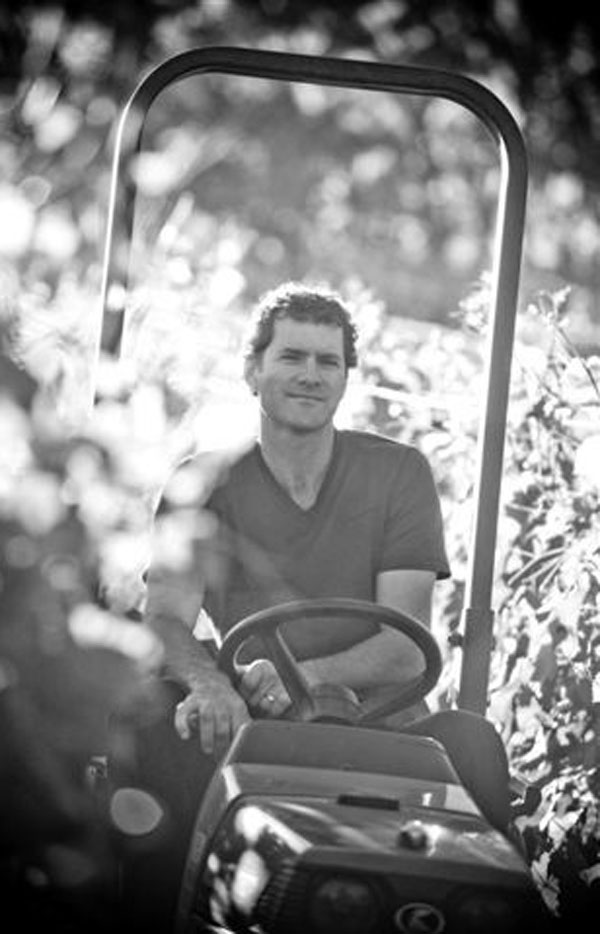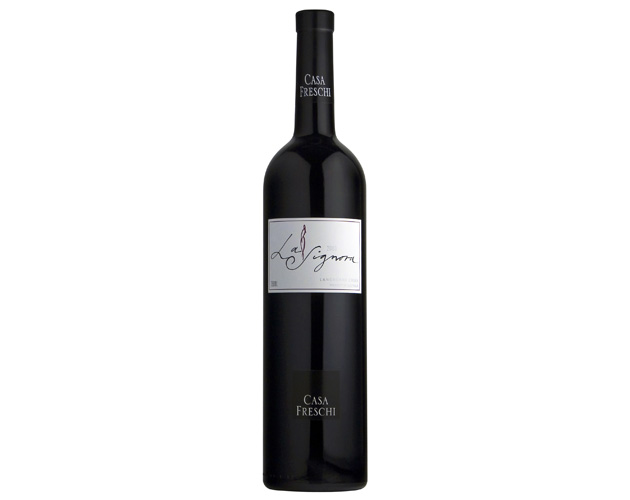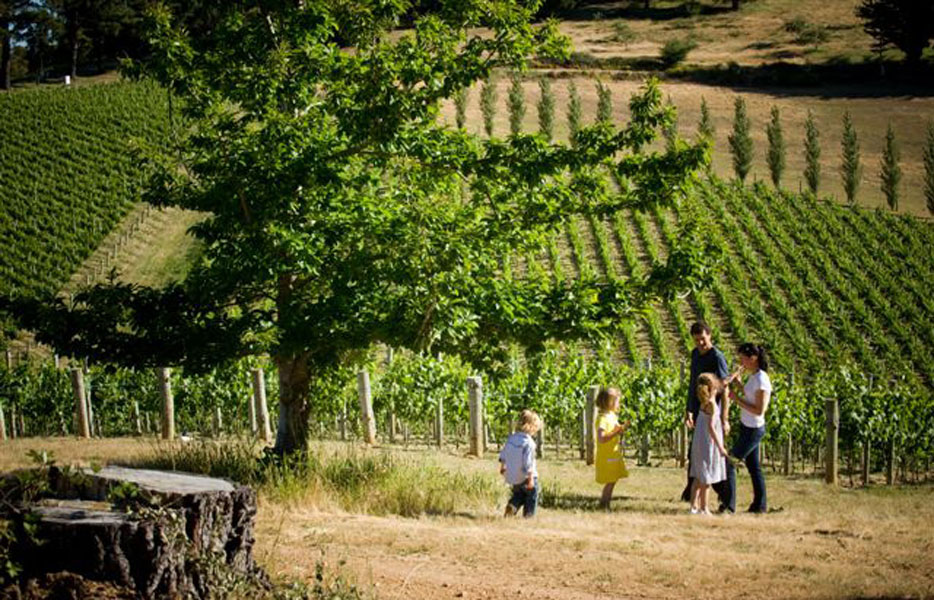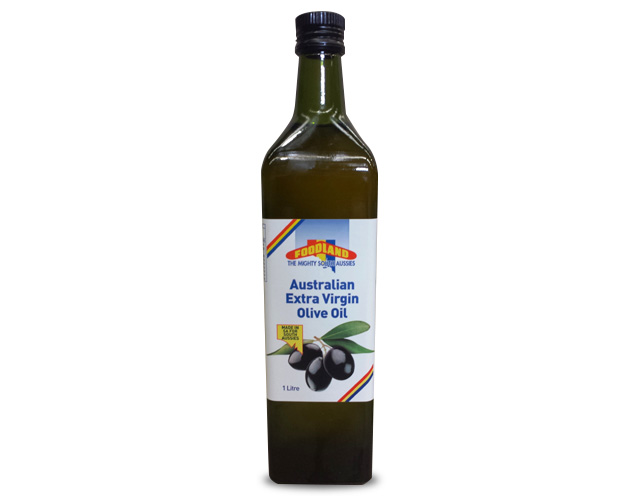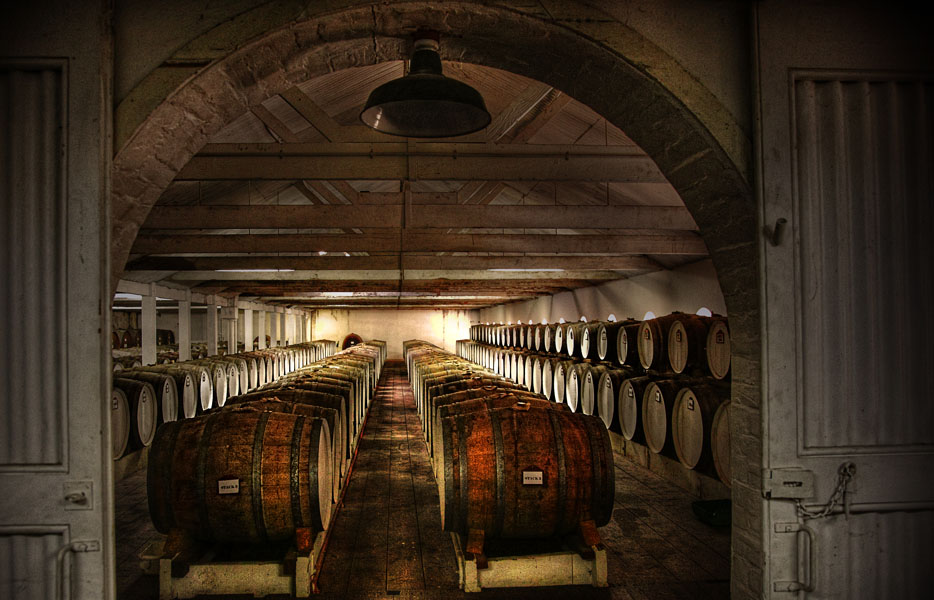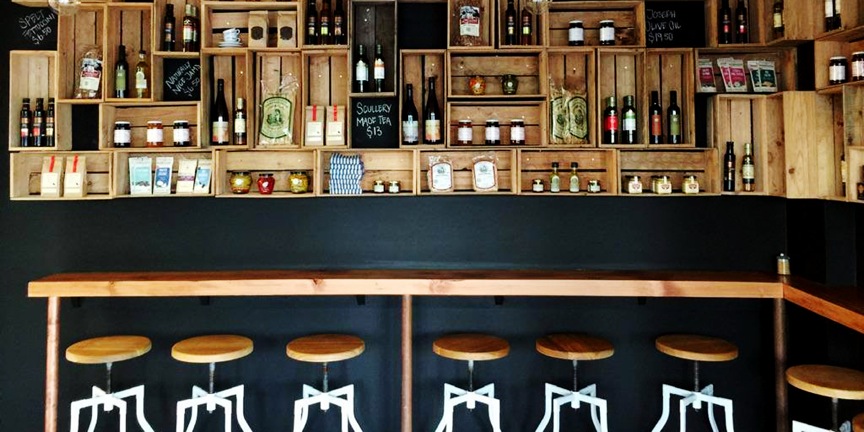The Forager: Jamie’s wine pick, Barossa’s best

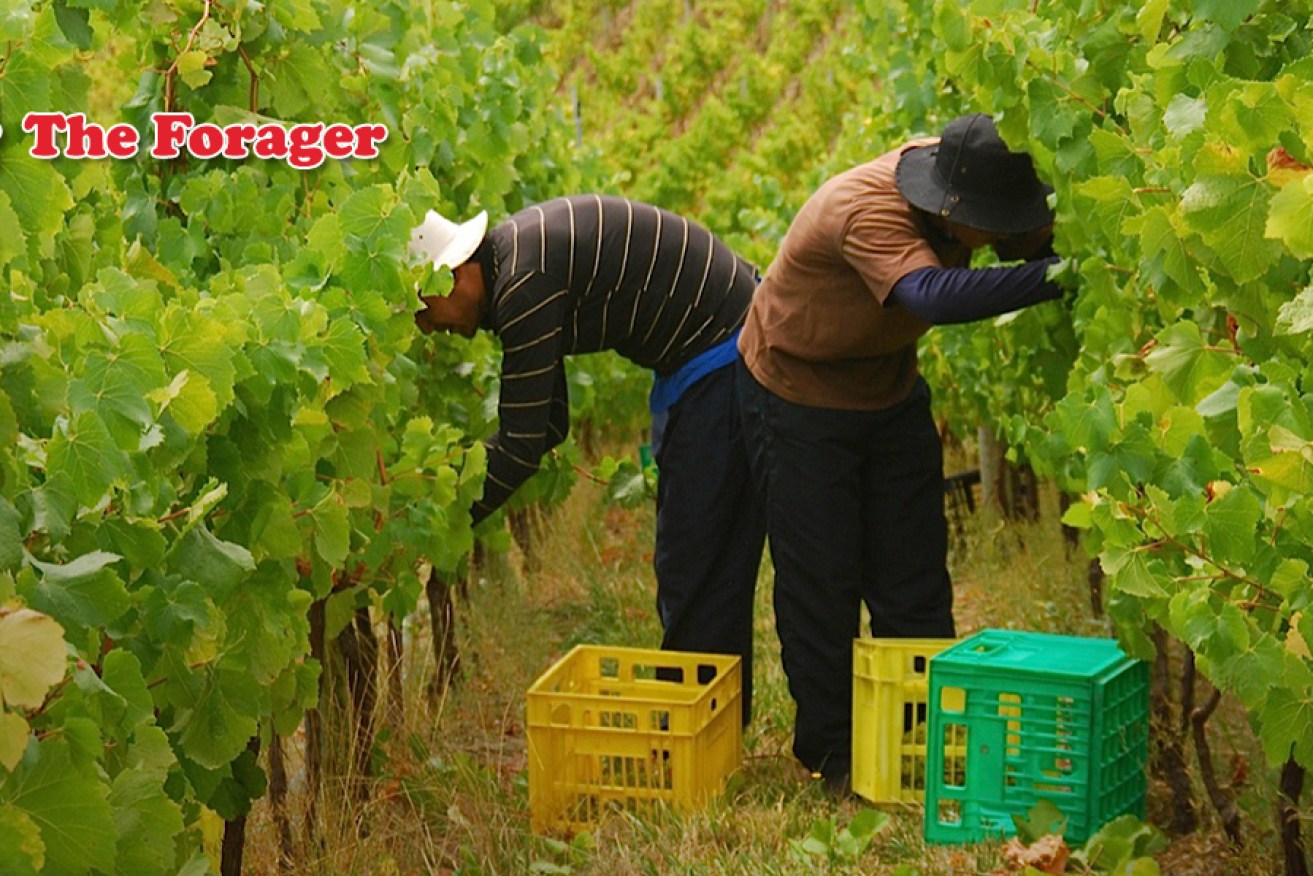
Pickers at work on the Casa Freschi vines which produce some of the SA wine on the list at Jamie's Italian.
This week in The Forager: the South Australian wine that made Jamie’s list; supermarket chain brands local olive oil; Barossa quality guarantee, and more café and hotel openings.
Good enough for Jamie’s Italian
There are fewer than 10 red wines on the list at Jamie’s Italian and they are all produced in Italy except one: a 2006 Langhorne Creek Nebbiolo called La Signora, made by SA boutique winery Casa Freschi.
So how did the maker of this wine, David Freschi, make the list?
“All the decisions were made in Sydney regarding the Adelaide wine list,” he explains. “La Signora has been well established in the Sydney market since 2001; it was also on the list at Fifteen in Melbourne.
“We were approached and asked to submit wines for consideration – our 2012 La Signora Nebbiolo was sold out, so I offered a museum wine, our first 100 per cent Nebbiolo, the 2006 La Signora, and they chose that to be the first South Australian red wine on the list.”
There is also only one South Australian white wine on the list at Jamie’s Italian – a Beach Road Fiano from McLaren Vale. There are three other Australian wines on the list, but these are unbranded house wines from Victoria.
“Our style is very food-orientated and the 2006 Nebbiolo has the characters they were seeking to match to the type of food that they serve at Jamie’s Italian,” Freschi says of his wine.
“Some people describe the wine as ‘Italianate’ – the flavour profile has charcuterie type characters and slightly fungal elements. It’s an earthy, complex wine that doesn’t overwhelm food. It has that really savoury cleansing tannin component to the palate that matches Italian food really well.
“When we were told they would like to use La Signora, we were thrilled.”
Freschi and his partner Tanya produce all of their red wines from a 4.5ha vineyard at Langhorne Creek, which was first planted by David’s parents and is the place where he spent his childhood.
“We still have the 2.5 hectares of Cabernet, Shiraz and Malbec that my parents planted in 1972, but Tanya and I planted the remaining 2.0 hectares to Nebbiolo in 1999 when we first established Casa Freschi,” he says.
“All of our white wines are from our 3.2-hectare vineyard at Ashton in the Adelaide Hills, where Tanya and I wanted to grow white wines that would reflect what we were doing in Langhorne Creek – high-density plantings producing concentrated fruit to produce high quality, textural wines that rely on the grape and not winemaking artefact, and express the beauty and energy of where they are grown.”
Casa Freschi has just released its 2013 Chardonnay and 2013 La Signorina from the Adelaide Hills, and 2012 Nebbiolo, a new ultra-premium bottling from Langhorne Creek. Its wines are available from East End Cellars and Stirling Hotel Cellars or via the website.
Supermarket olive oil you can trust
South Australia’s Foodland supermarkets have been working with Olives South Australia to create a Foodland-branded extra virgin olive oil that is produced locally and quality assured.
Olives South Australia CEO Lisa Rowntree says it is the first time the industry has collaborated with a supermarket in this way.
“We approached Foodland and they were very receptive to the idea of selling a locally produced extra virgin olive oil that is certified by the Australian Olive Association [AOA], the national peak body for the olive industry,” she says.
The Foodland-branded oil will carry the AOA badge, a certified trademark that guarantees it is 100 per cent authentic Australian extra-virgin-grade oil. Made by high-profile Limestone Coast producer Pendleton Estate, the oil will be sold in dark-glass bottles, as too much light and heat can affect the taste.
The extra virgin olive oil joins more than 200 other Foodland-branded products, 50 per cent of which are produced in South Australia, with the balance sourced from within Australia.
Barossa authenticity guaranteed
Three food producers, 11 wineries and 10 tourism experiences are the inaugural recipients of the Barossa Trust Mark, an “aspirational standard” set by the Barossa region aimed at providing consumers with a quality guarantee.
The Barossa Trust Mark will be launched in Adelaide tonight after three years in development and will be applied only to products and experiences that meet the four standards of excellence: origin, integrity, quality, environment and community.
“Consumers look for clues to help them choose a product they can rely on; one that will live up to the expectations created around it and won’t let them down,” says Linda Bowes, chairman of Barossa Trust Mark Inc.
“This is what the Trust Mark provides them. It signals that the particular wine, food or tourism experience will deliver on what it promises, and gives consumers confidence in their selection.
“In a regional sense, the Trust Mark will position the Barossa as a special place where values are held dear, where those who adhere to them are recognised and where the region’s best attributes are celebrated.
“The Trust Mark also has a role to play in building the capability of other regional food, wine and tourism businesses; encouraging them to review and improve their offerings and aspire to hold a mark themselves.”
Barossa Trust Mark Incorporated is a not-for-profit body with three foundation members – Barossa Grape & Wine Association Inc, Barossa Food Inc and Tourism Barossa Inc
The full list of recipients can be found online.
Openings and closings
Local Grind
Adam Rocco and Tamara Spark were waiting for the right opportunity to present itself before returning to Adelaide after spending many years working at notable restaurants around Melbourne. Now they have come home and opened up Local Grind at the new Art Series Hotel The Watson at Walkerville.
“When this opportunity came up it was literally four walls and a roof,” says Rocco.
“We have designed it all ourselves and have got to put our spin on everything. We’re really happy with how it’s turned out.
“Our focus is on low food miles, seasonal and local produce with a menu that is changing all the time. We like to talk to our customers to find out what they like and then source the best growers. It’s about our beliefs and everyone is made to feel welcome.
“We also do takeaway coffee, pastries and bread, and have a providore section with a selection of olive oils, cheese and smallgoods.”
Local Grind is currently open from 7am to 4pm, with dinners a “work-in-progress”.
Goodies and Grains Kitchen
The increase in demand for gluten-free, vegan and raw foods has prompted Goodies and Grains in the Central Market Plaza to open Goodies and Grains Kitchen – a cool, modern, eat-in or takeaway café.
The Goodies and Grains Kitchen opened a week ago next door to the original store, offering fresh salads, wraps, frittatas, tarts and treats.
“The menu changes daily,” says assistant Kate Parkinson. “Today the salads include chickpea and millet, spring quinoa and pumpkin, and lentil and corn, but we have our ‘glorious greens’ salad every day.”
Sweet treats include peanut butter and cacao protein balls, low-fructose hazelnut balls, cranberry and orange tarts, cacao and mint bars, and vanilla and chia balls.
Coffee is out, but it does sell fresh juices and smoothies, coconut water and nut milks.
“Our philosophy is providing alternative food options,” Parkinson says.
Moseley Bar and Kitchen
The Dublin Hotel on Moseley Square at Glenelg has undergone a redesign and is re-opening on Friday as the Moseley Bar and Kitchen.
With huge marble bars and hanging chairs in which to relax, the Moseley is set to change the face of dining at the Bay.
Chef Sam Cromwell, who has worked in the kitchens of Assaggio, Windy Point, The Royal Mail Hotel in Victoria and Tasca Viva (which won “Best Tapas” at the South Australian Restaurant and Catering Awards), has designed a new menu with locally sourced feature ingredients.
Also at Glenelg, Italian café chain, Cotto Espresso has opened a new café, following the success of its Hyde Park, Prospect and Woodville stores.
Scool Eatery and Bar
Chris Jarmer’s Glenelg seafood restaurant Scool Eatery and Bar will close its doors tomorrow as a result of a new direction for the owners of the Oaks Plaza Pier at Glenelg, where the restaurant has operated for the past few years.
Owner Chris Jarmer says popular Scool menu items will be accommodated in the menu of his new Bowden restaurant, Jarmer’s Kitchen, where the Scool staff will be joining the team.
